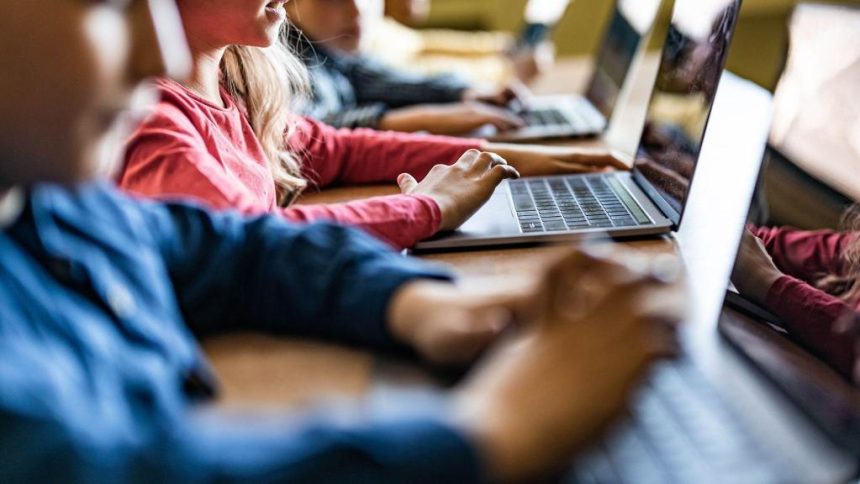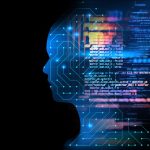In a significant collaboration, major technology firms are partnering with two teachers’ unions to prepare 400,000 educators from kindergarten through 12th grade for the challenges and opportunities presented by artificial intelligence. Announced on Tuesday, the National Academy of AI Instruction will launch with a budget of $23 million, supported by Microsoft, OpenAI, Anthropic, the American Federation of Teachers, and the United Federation of Teachers based in New York City.
The initiative aims to create an AI training curriculum for teachers, which will be accessible both online and through an in-person campus located in New York City. This program arrives at a crucial moment as educators, parents, and schools navigate the complexities surrounding AI’s role in education. While many recognize the necessity for students to be adept at technologies that are rapidly reshaping various sectors, teachers are also looking to AI as a tool to streamline tasks, allowing for more engagement with students. However, this progression raises ethical considerations, particularly regarding the fine line between enhancing educational outcomes and diminishing them.
Some educational institutions have taken a restrictive stance against AI, while others have welcomed the technology with open arms. In early 2023, New York City’s education department prohibited access to ChatGPT on school devices, but later reversed this decision and initiated an AI policy lab to better understand the technology’s implications.
The newly formed academy aims to set a precedent for how schools can effectively incorporate AI into their curricula and teaching methodologies without overburdening educators with additional responsibilities.
“AI holds tremendous promise but huge challenges—and it’s our job as educators to make sure AI serves our students and society, not the other way around,” stated AFT President Randi Weingarten. “The academy is a place where educators and school staff will learn about AI—not just how it works, but how to use it wisely, safely and ethically.”
Participants will benefit from workshops, online courses, and in-person training led by both AI specialists and educators, with classes scheduled to commence this fall. Microsoft plans to contribute $12.5 million to the program over five years, while OpenAI will add $10 million, including $2 million in in-kind resources like computing capabilities. Anthropic is expected to invest $500 million in the project’s first year, with prospects for additional funding.
The tech companies involved also stand to gain valuable insights from educators, potentially placing their AI solutions in front of teachers and students nationwide. Past educational collaborations have often proven advantageous for technology firms; for instance, Google Chromebooks gained traction in schools due to their integration into classroom settings.
Chris Lehane, OpenAI’s chief global affairs officer, shared insights at the program launch in New York City, indicating that the training will cover a mix of fundamental AI concepts and detailed instructions regarding tools from the partner companies. He expressed enthusiasm for the potential to innovate new AI products in collaboration with participating educators.
“How can we make sure that, in the K-12 context, that we’re equipping those kids, those students, with the skills that they’re going to need to be able to succeed in what we think of as the intelligence age?” Lehane remarked during the event. “And you can’t do that unless it’s actually given to the teachers to do that work.”AI








